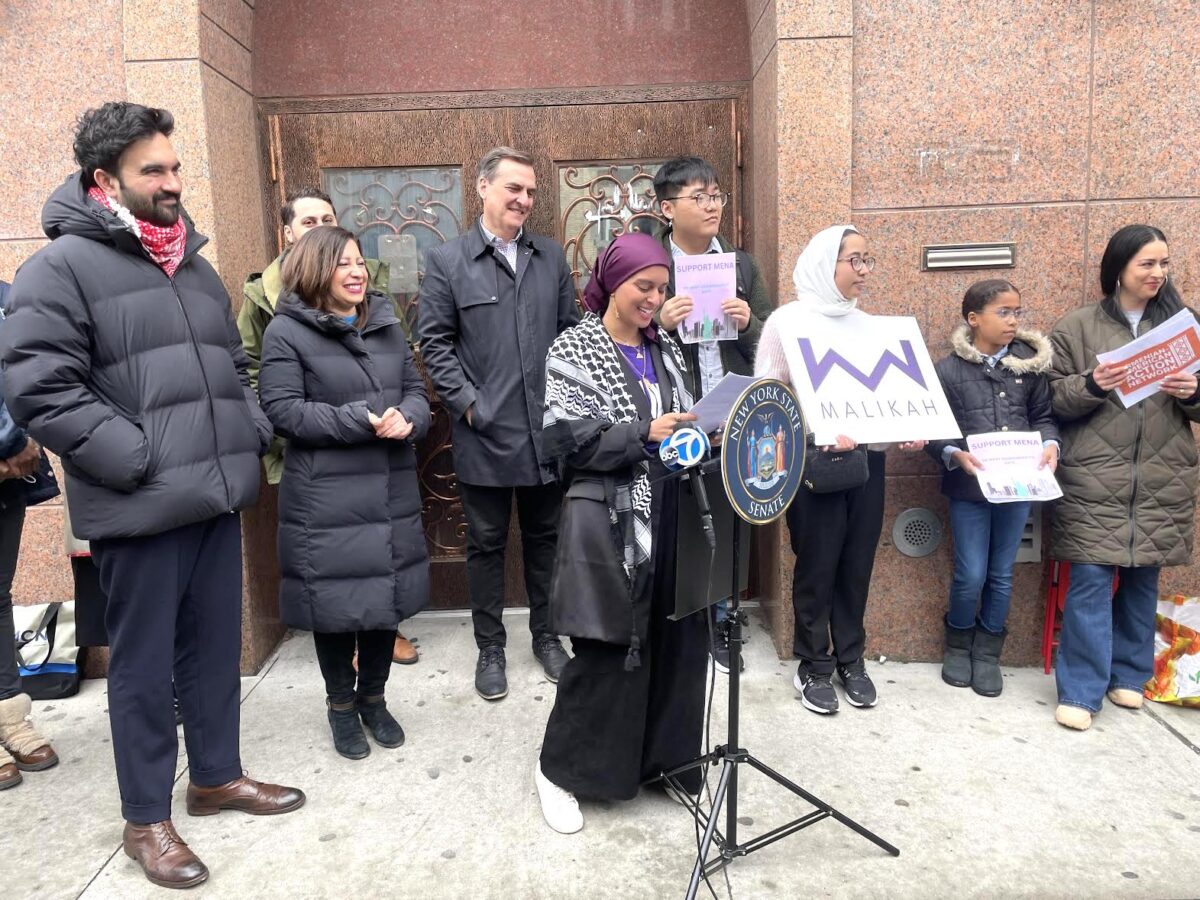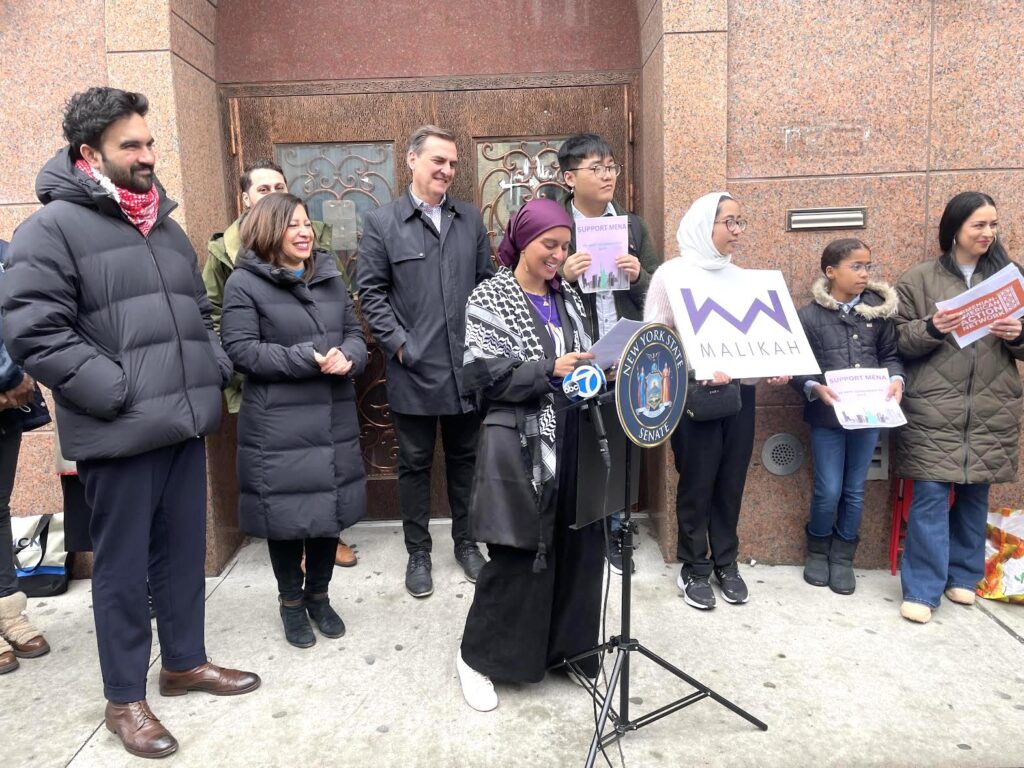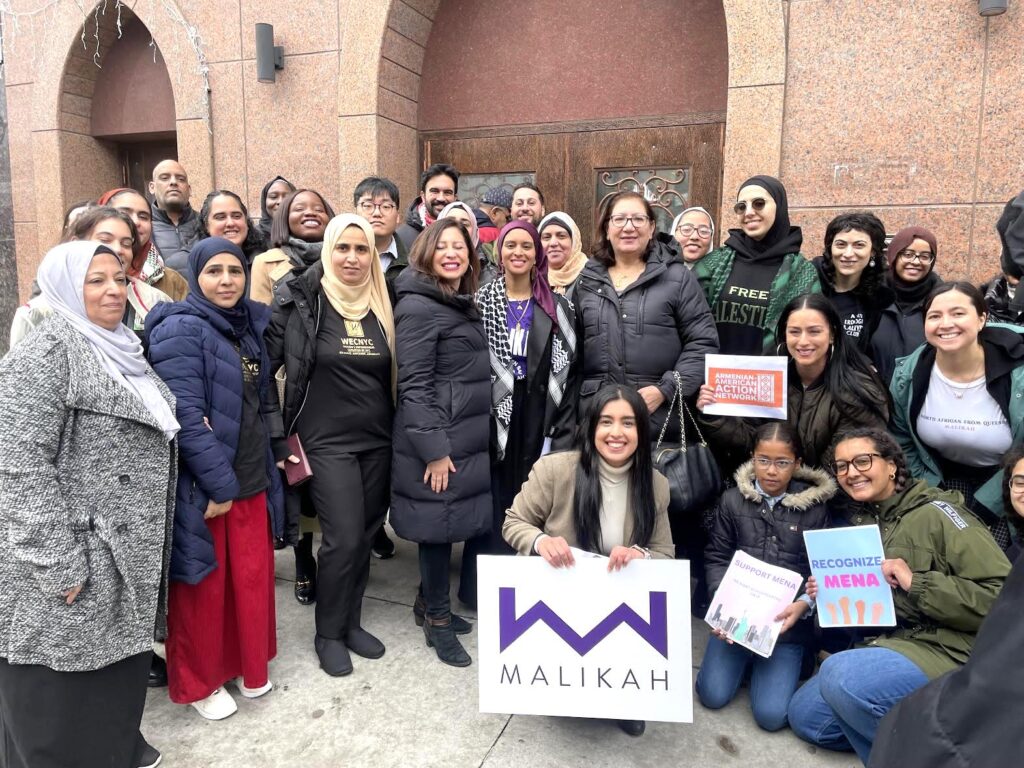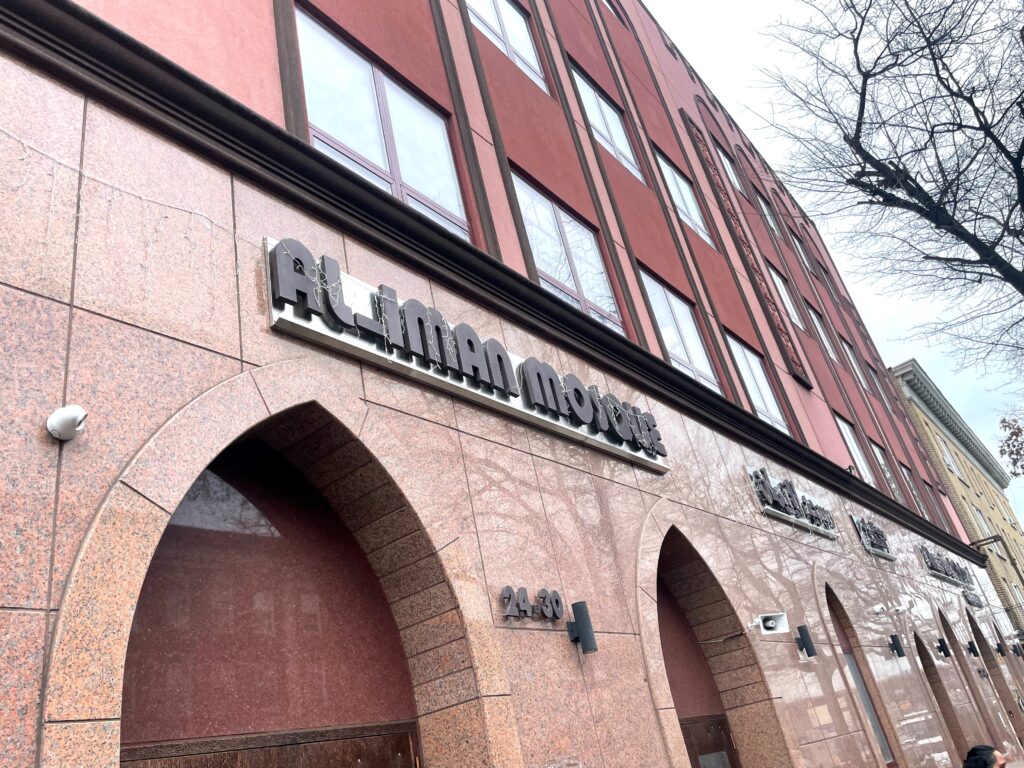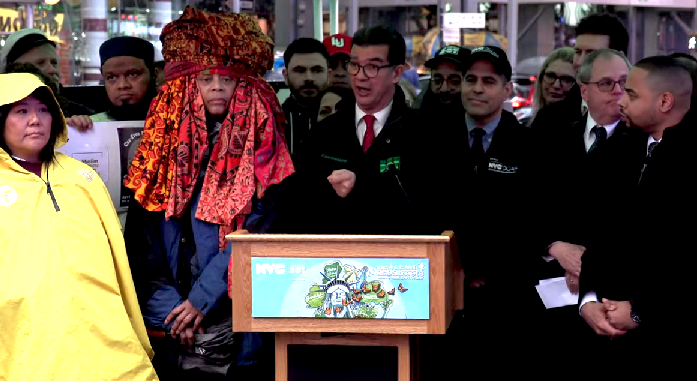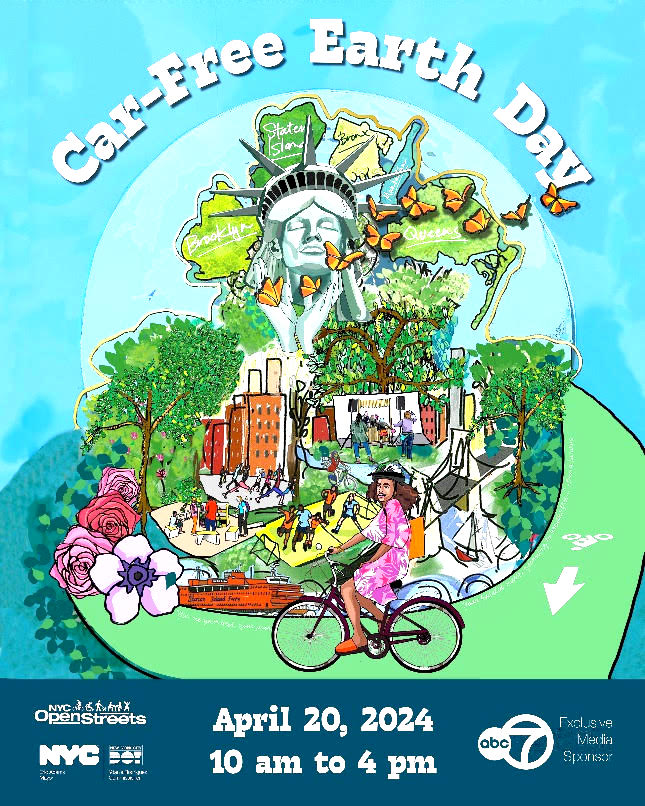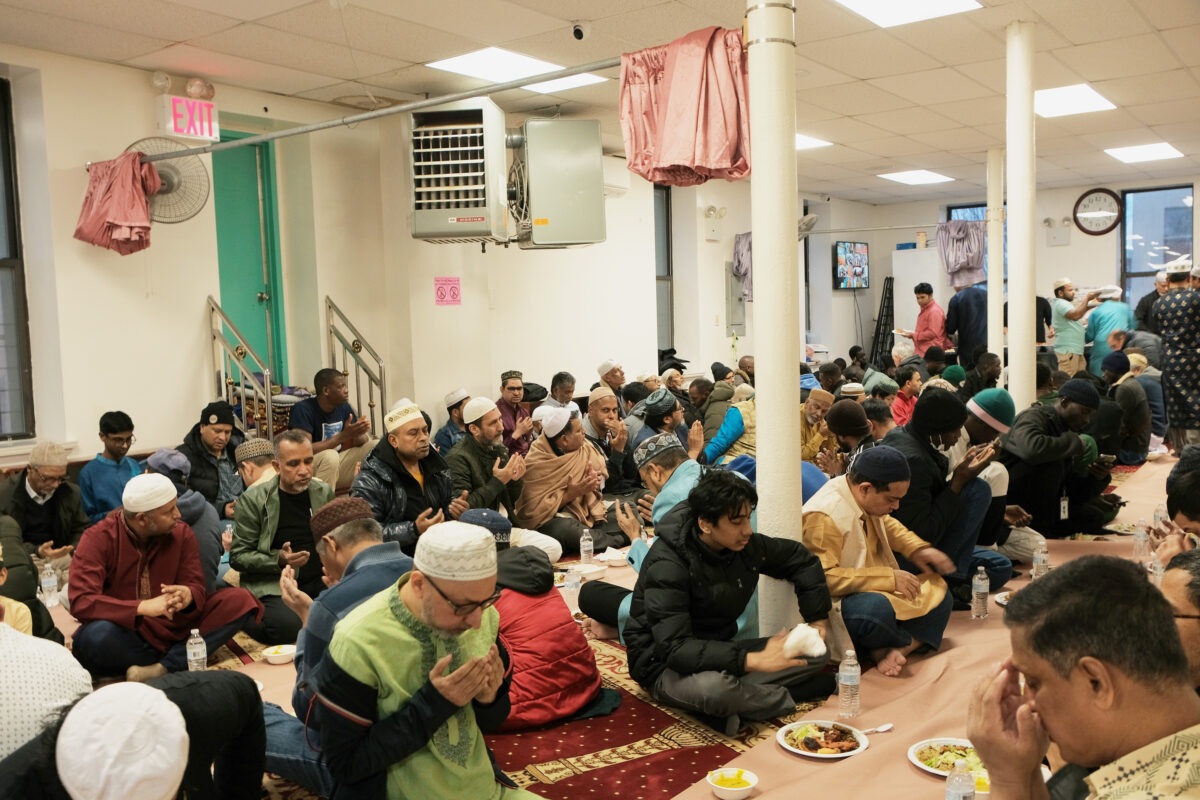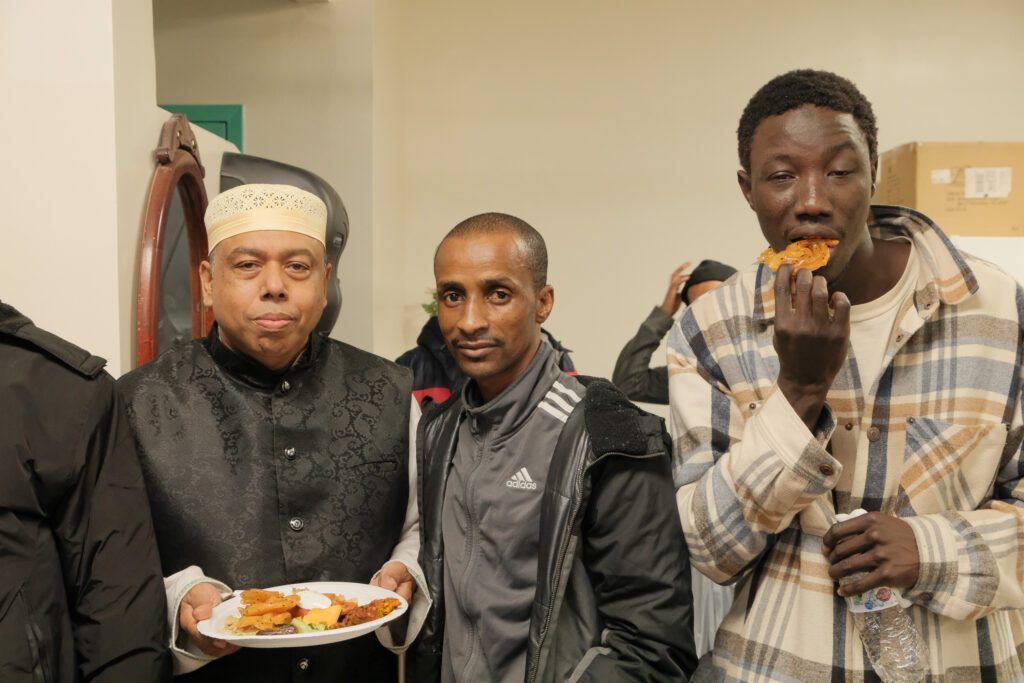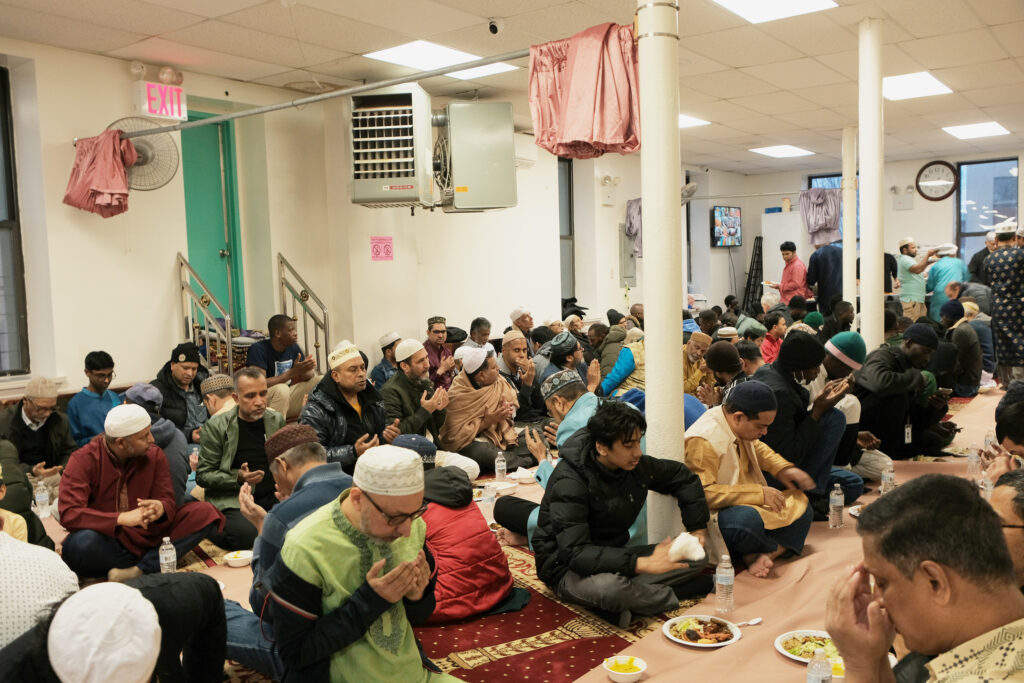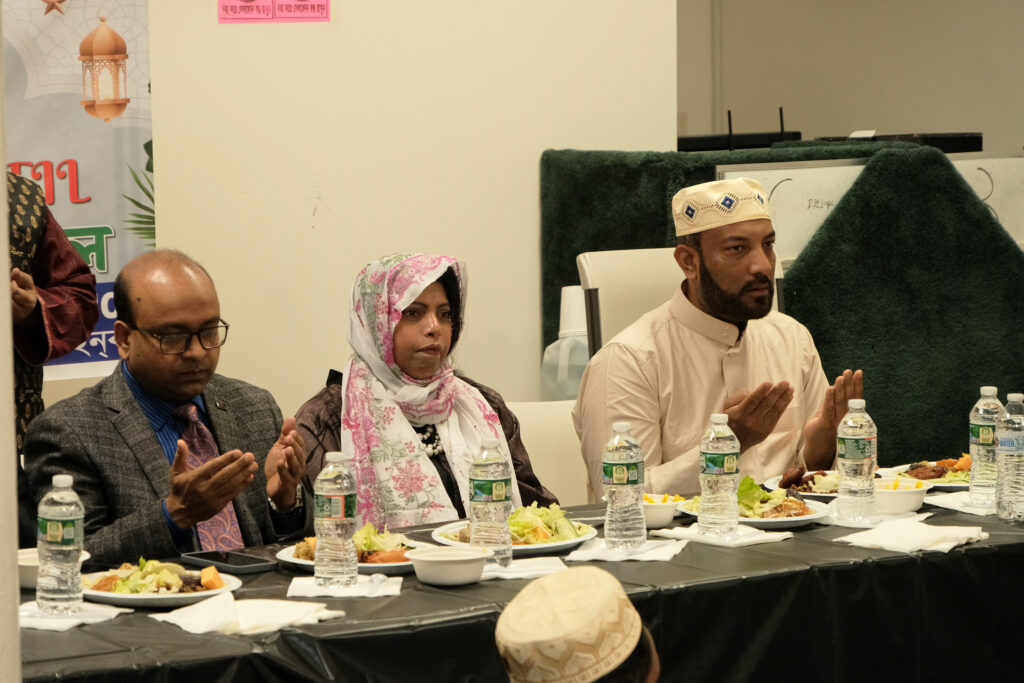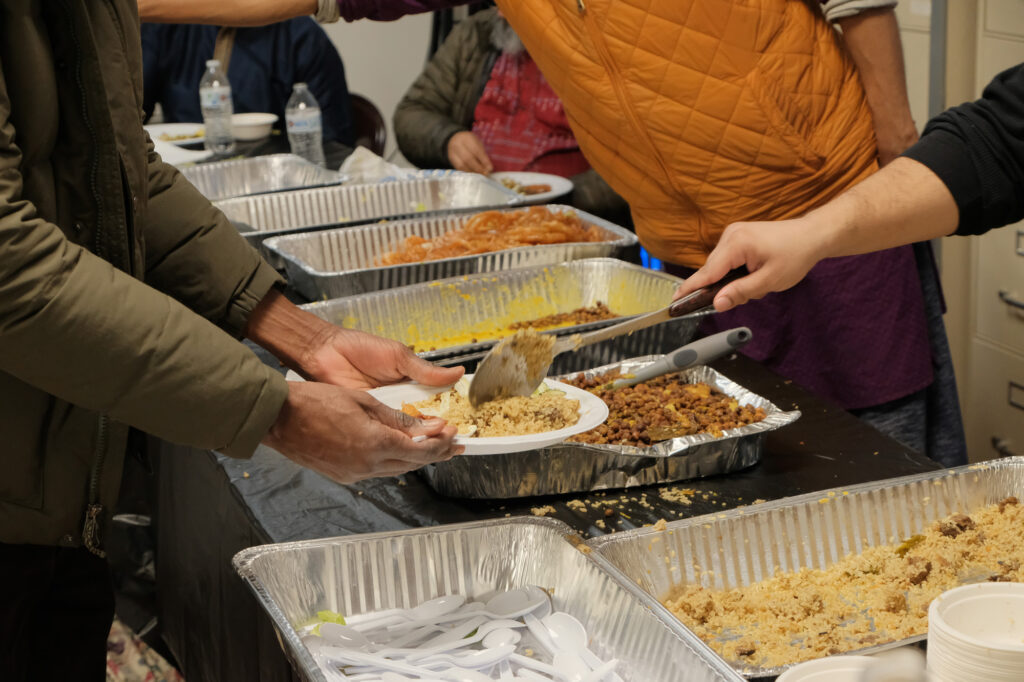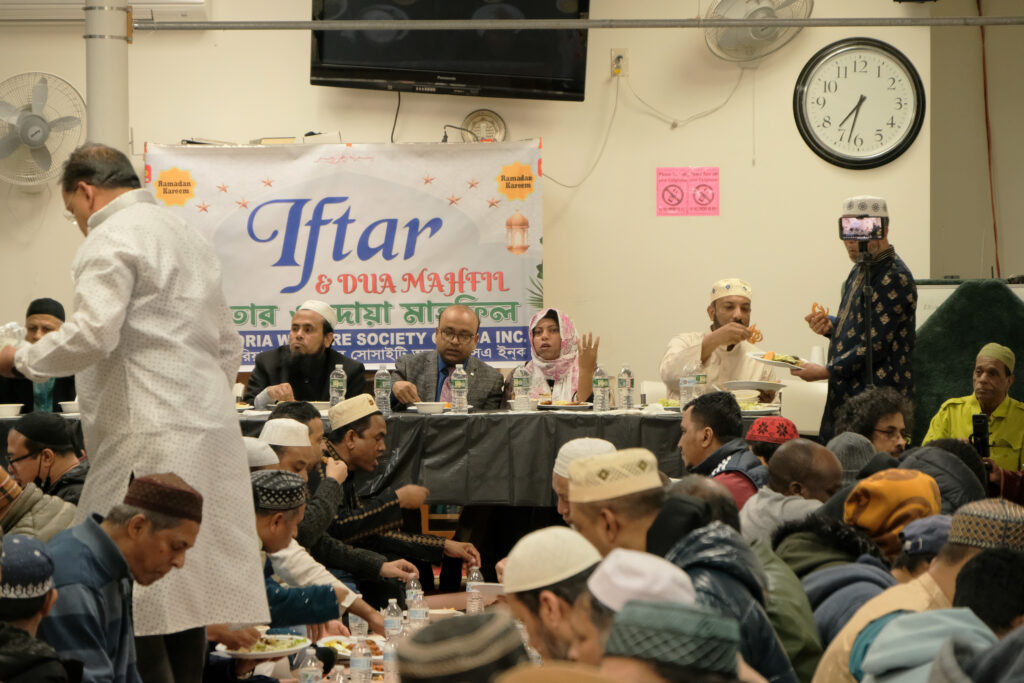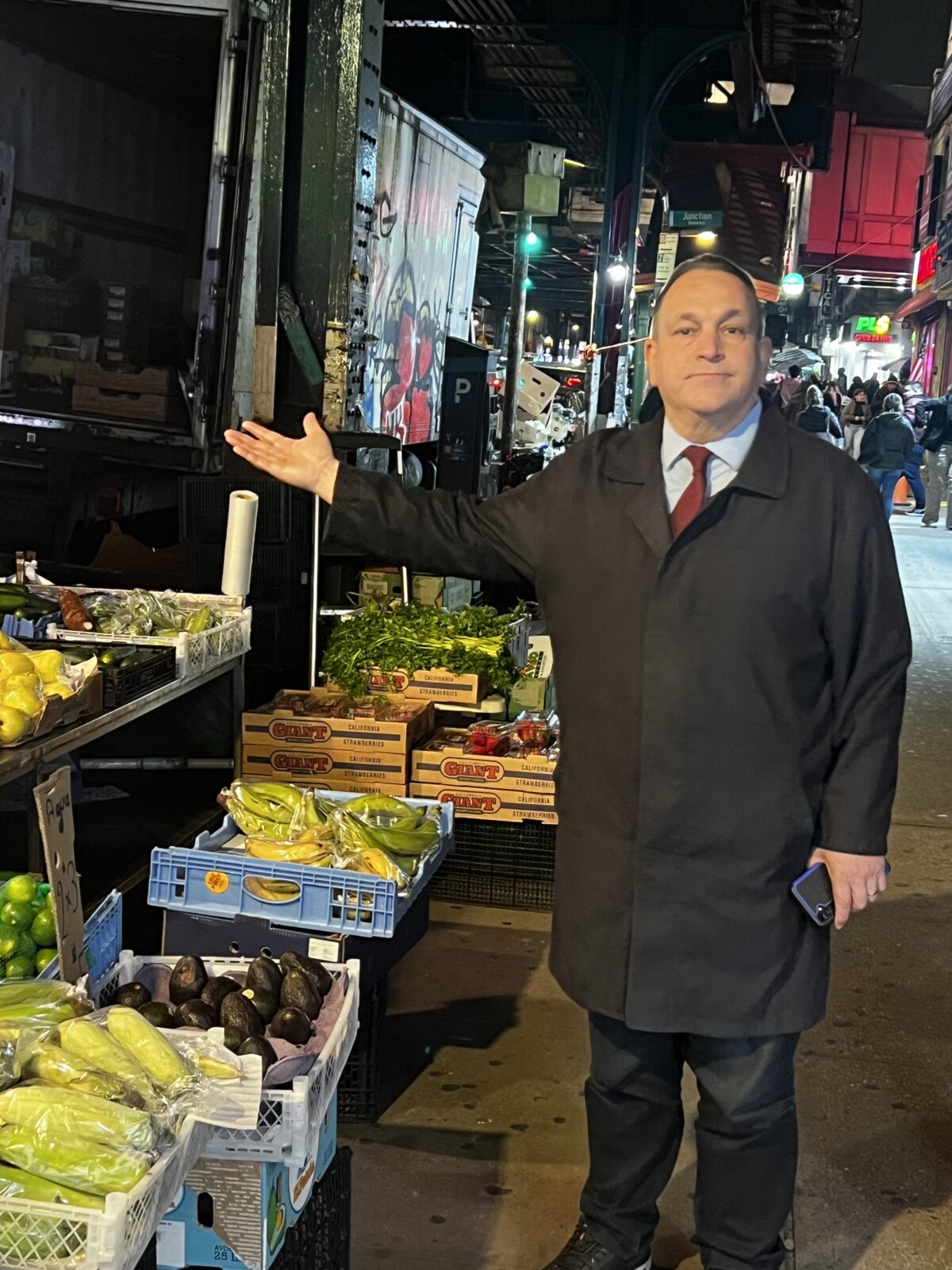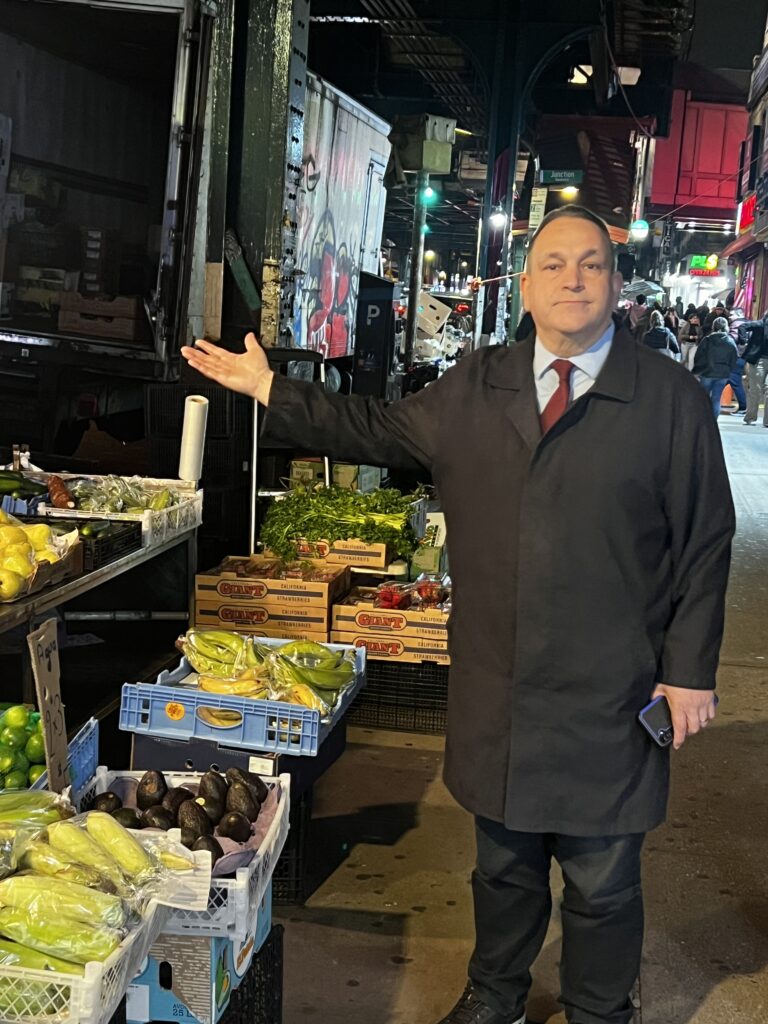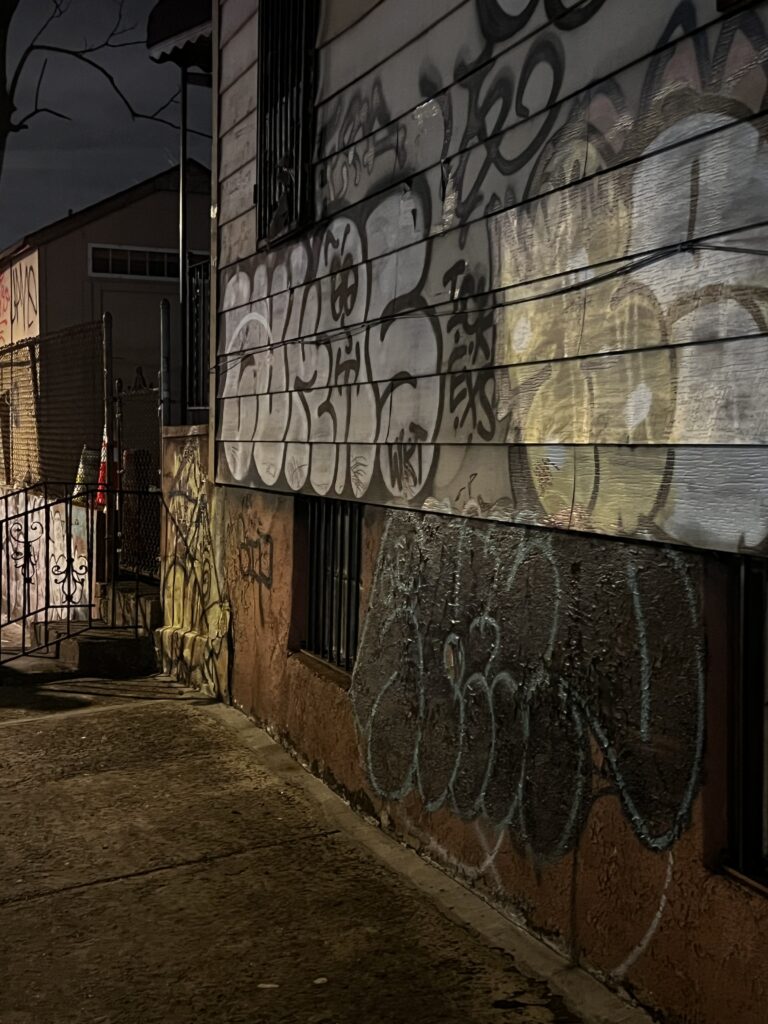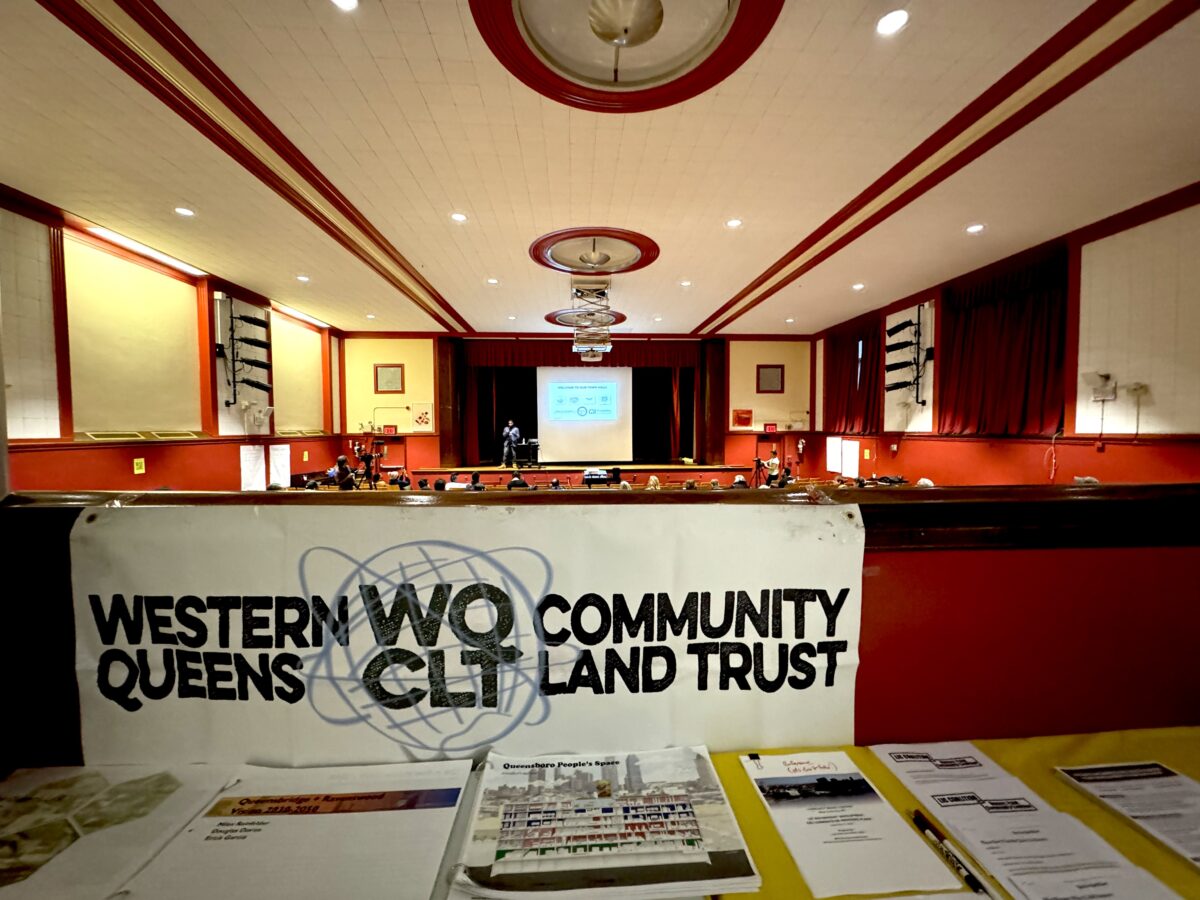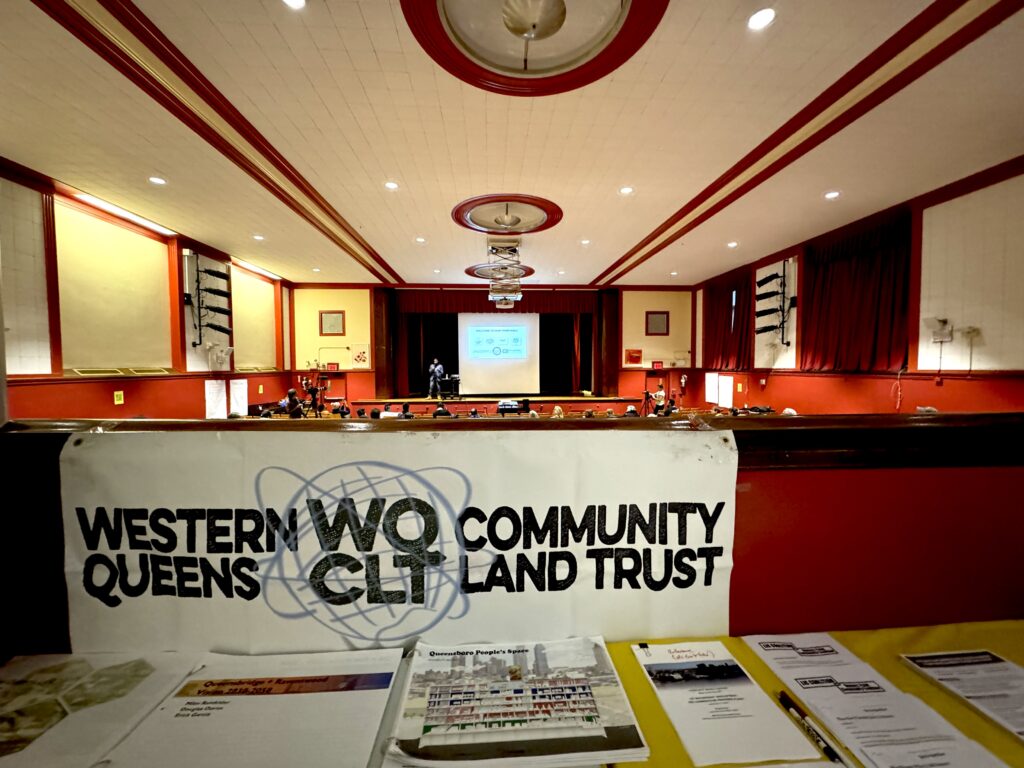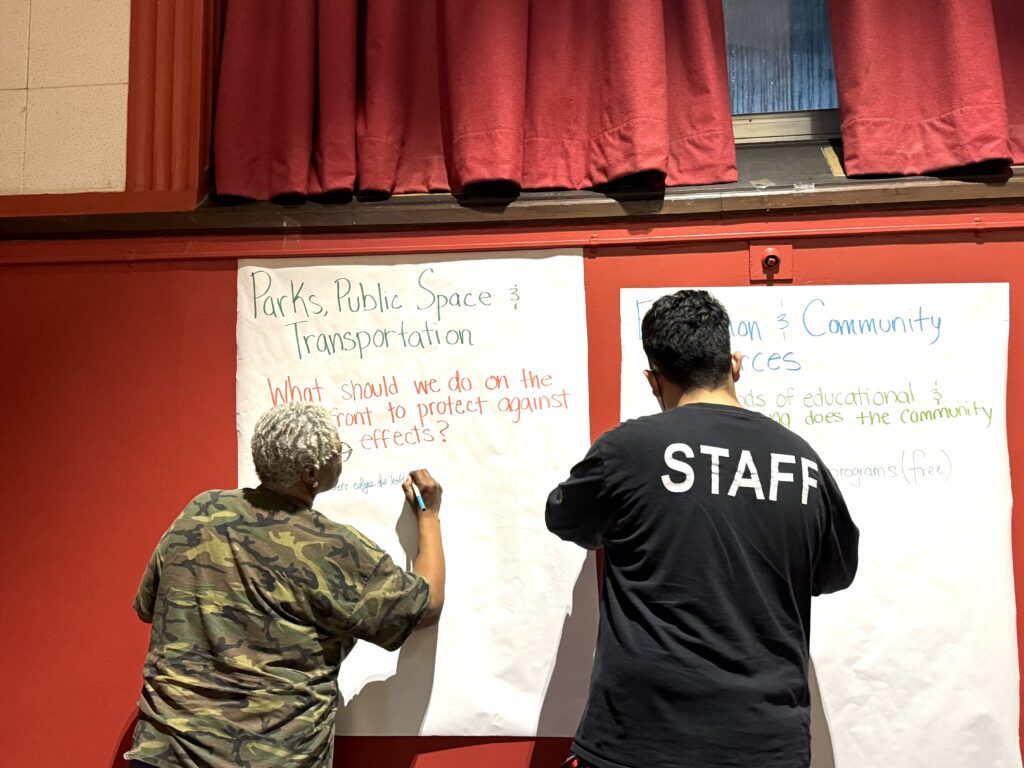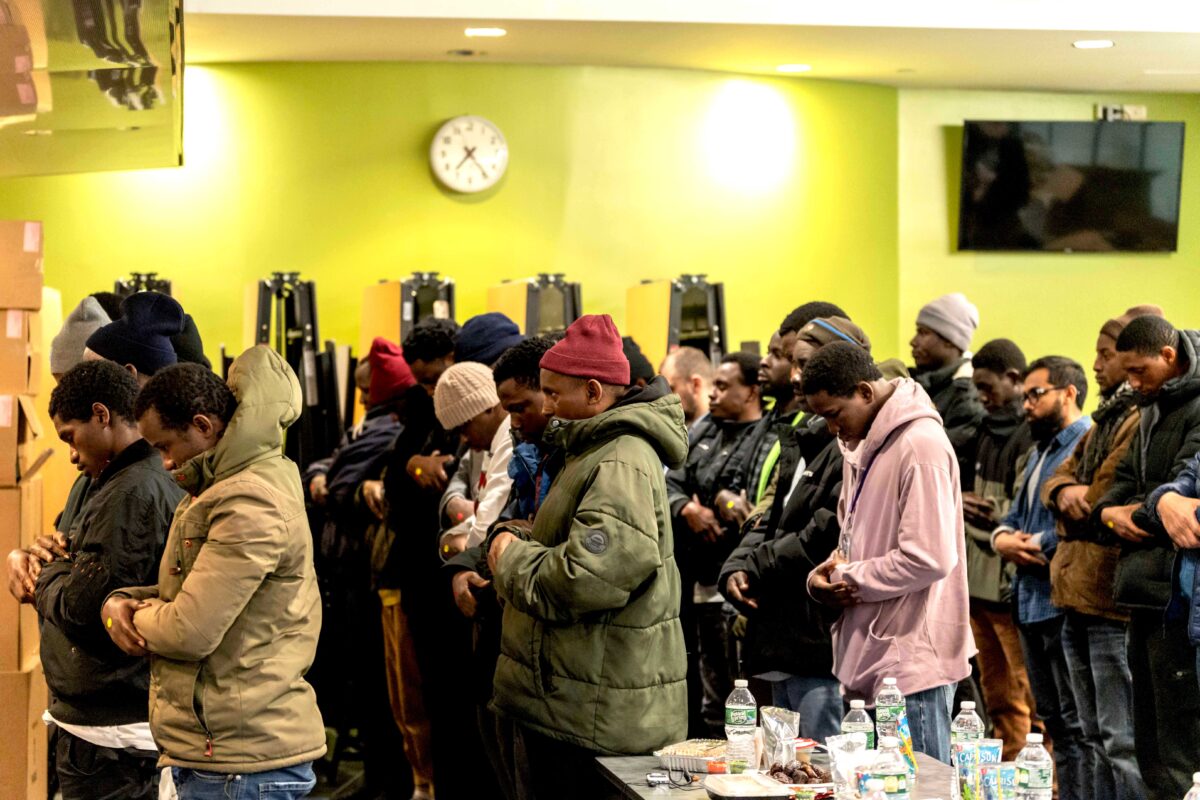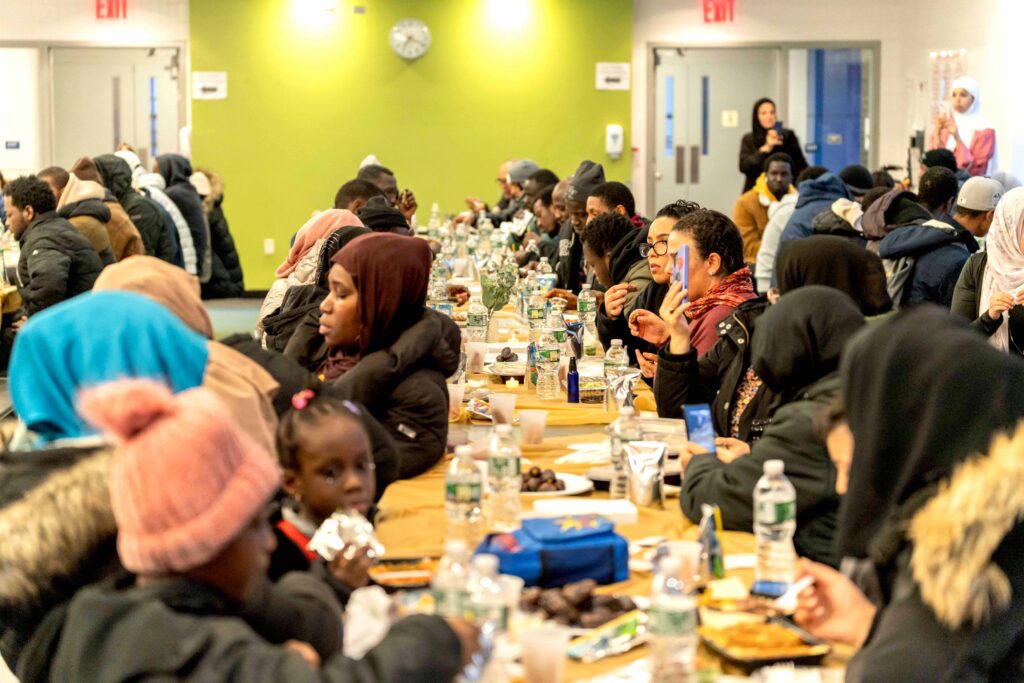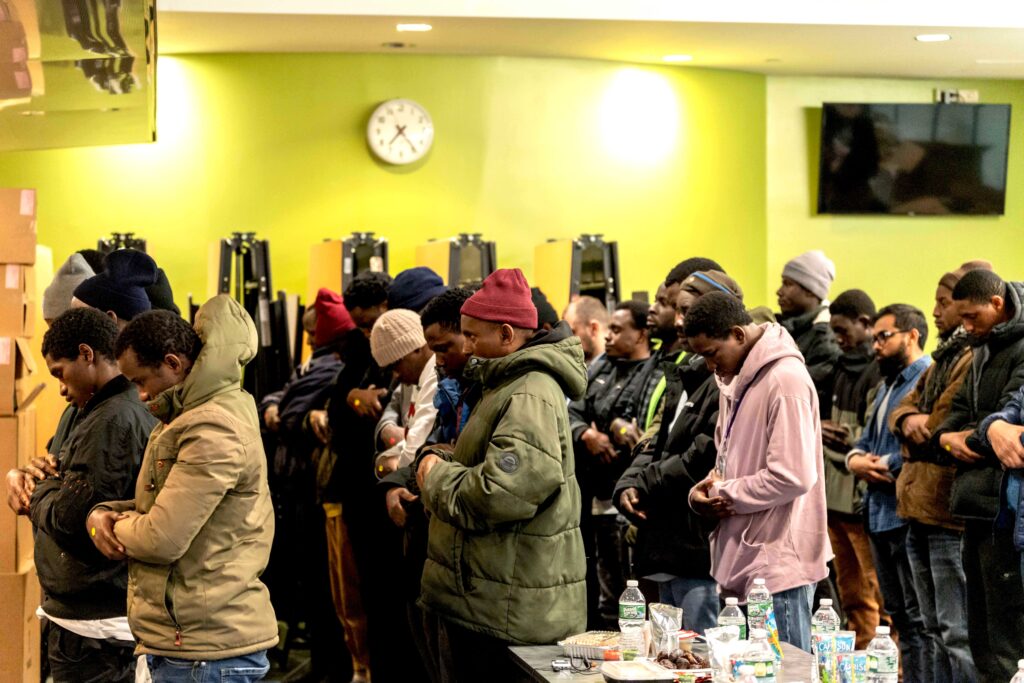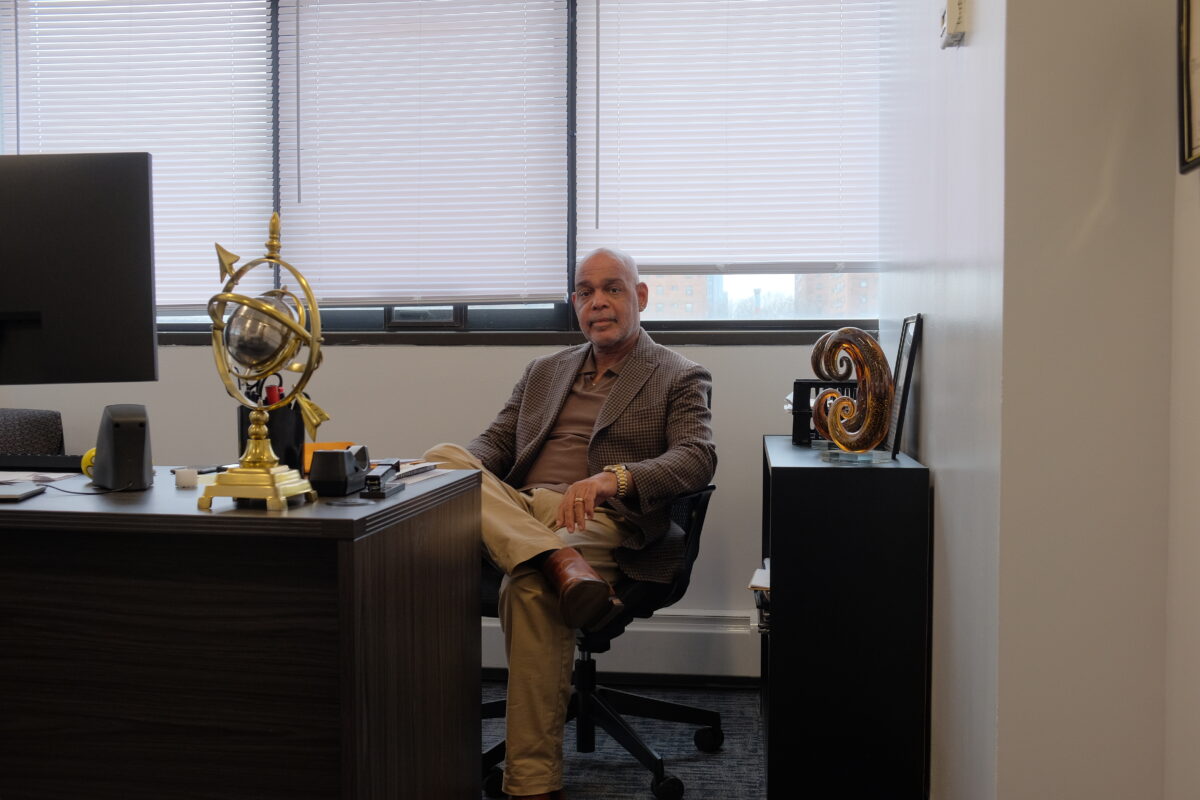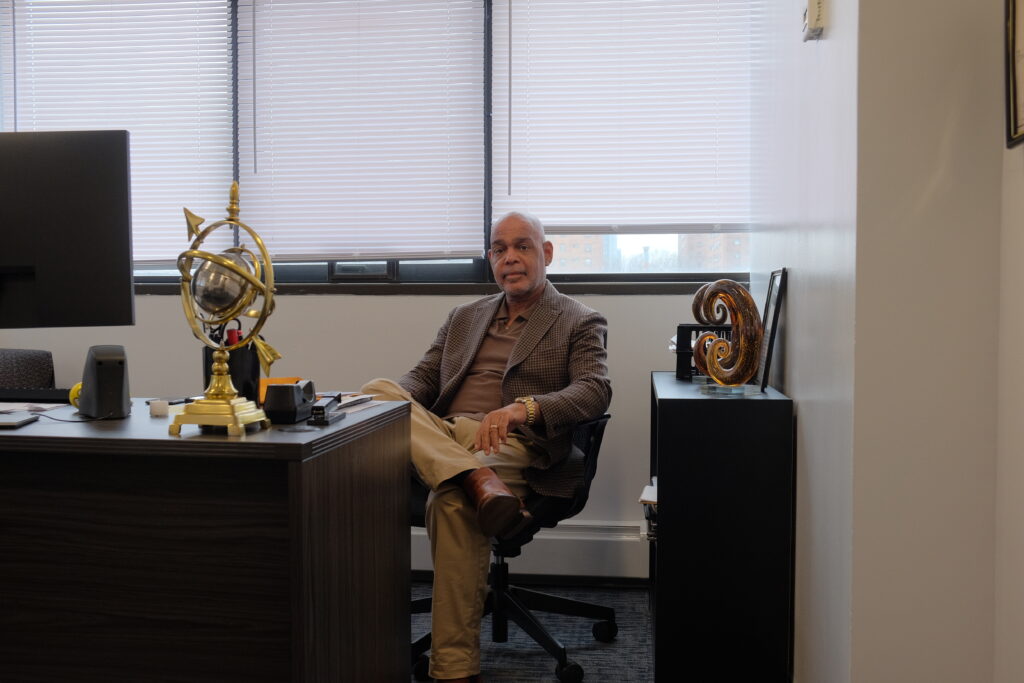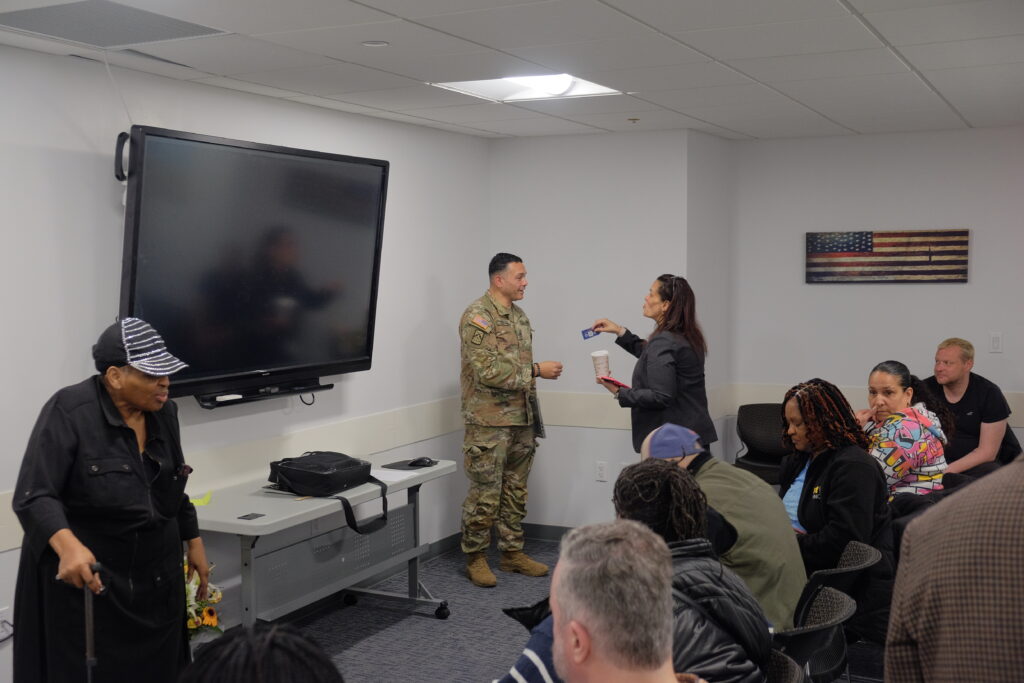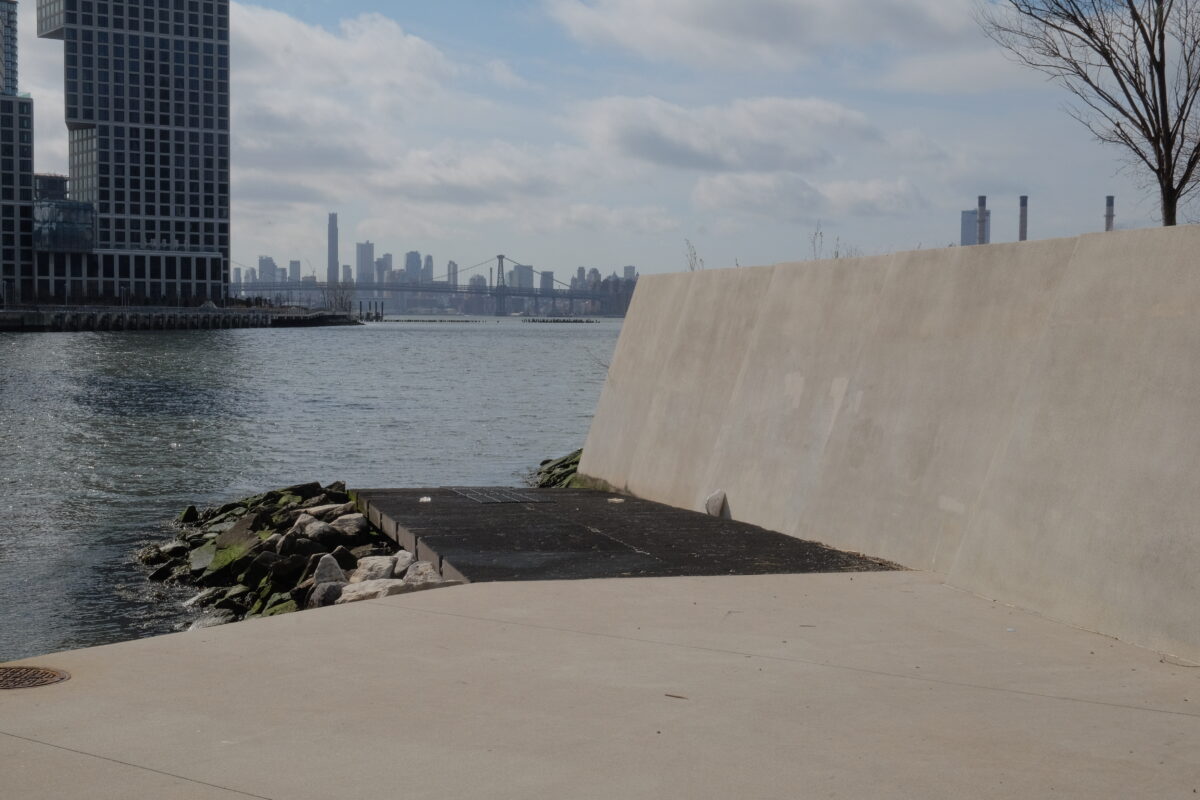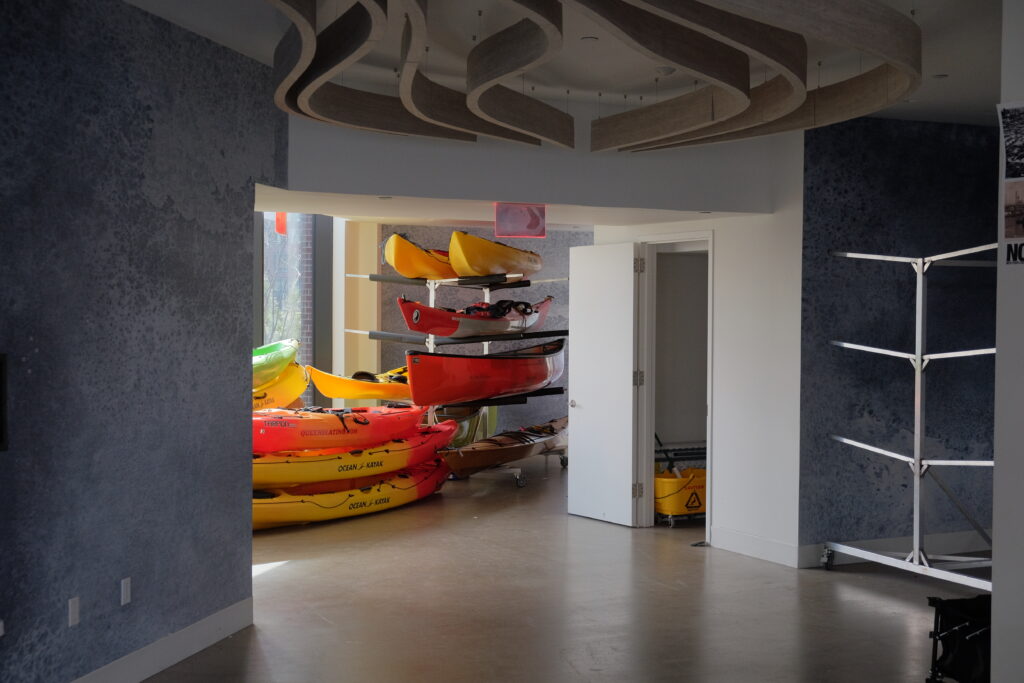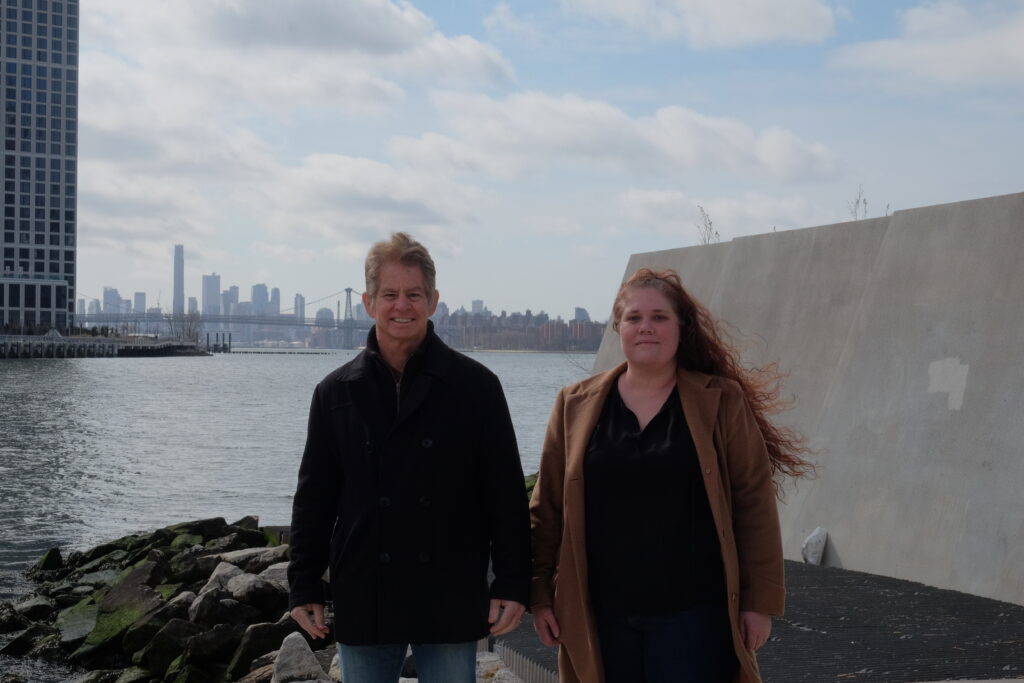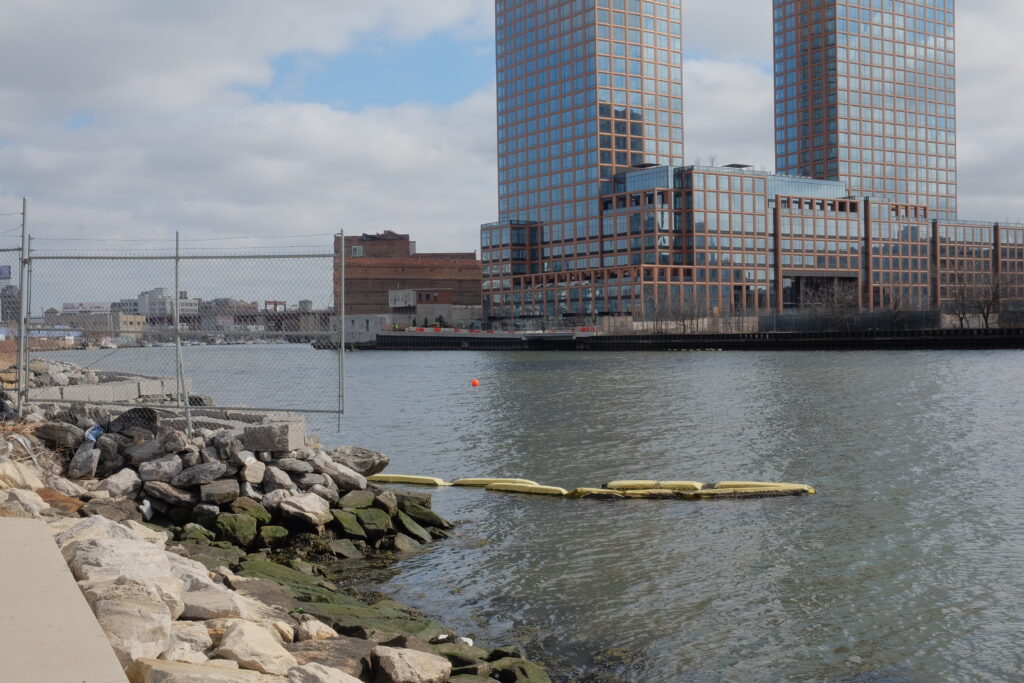HANAC’s Multi-Faceted Approach to Social Services and Affordable Housing
By MOHAMED FARGHALY | mfarghaly@queensledger.com
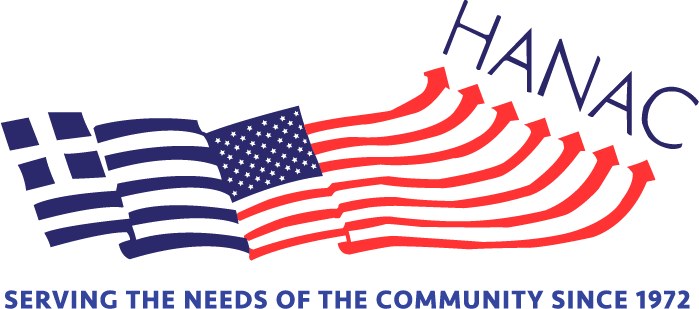
Courtesy of HANAC. HANAC, a citywide social service and affordable housing nonprofit, has been a steadfast support for New York City residents since 1972, annually aiding over 30,000 individuals, particularly focusing on low-income seniors.
HANAC, a citywide social service and affordable housing nonprofit, has been a pillar of support for New York City residents since its establishment. Serving over 30,000 individuals annually, HANAC remains dedicated to uplifting vulnerable populations, with a particular focus on low-income seniors.
Founded in 1972 in Queens, NY, HANAC initially aimed to support the Greek community immigrating to the United States, addressing their social service needs and aiding in their acclimatization to American life. Originating from the initiative of a reporter for the Long Island Press, who recognized the challenges faced by Greek immigrants, HANAC secured a planning grant of $75,000 from Mayor John Lindsay to establish its operations.
Over time, the organization expanded its scope beyond the Greek community to serve a broader demographic in New York City. Today, HANAC has evolved into a citywide nonprofit, annually assisting 30,000 residents across NYC with funding from various governmental sources. Notably, HANAC manages a portfolio of 650 affordable housing units for seniors in Queens, NY, demonstrating its enduring commitment to addressing the diverse needs of the city’s vulnerable populations.
The multifaceted approach of HANAC encompasses three primary categories within its social service arm. Firstly, the organization provides comprehensive older adult programming, including senior centers, transportation services, and various other initiatives tailored to meet the needs of the senior community.
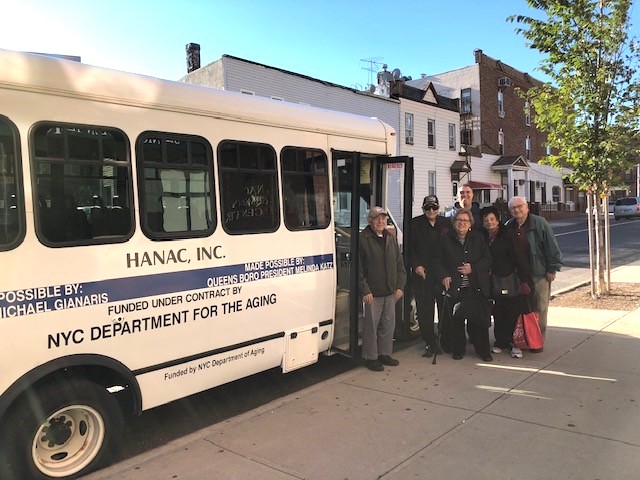
Courtesy of HANAC. Evolving from its roots in Queens’ Greek community, HANAC now serves a diverse demographic, providing comprehensive social services, including elder care, family support, and youth empowerment programs, while also actively addressing the city’s affordable housing crisis.
Secondly, HANAC offers adult and family programs, such as high school equivalency assistance, weatherization support, and substance abuse programs.
Lastly, youth programming, primarily situated in public schools and after-school programs, aims to empower young adults through initiatives like the Summer Youth Employment Program (SYEP), which facilitates their entry into the workforce.
In addition to its robust social service endeavors, HANAC is also deeply committed to addressing the pressing issue of affordable housing in New York City. As owners of 650 units of senior affordable housing, the organization strives to ensure that low-income seniors have access to safe and stable living environments where they can age with dignity and respect.
Stacy Bilgos, Executive Director of HANAC, emphasizes the significance of their housing initiatives.
“One of the key issues that low-income seniors face is housing instability,” Bilgos said. “We saw all these seniors struggling and we wanted to help them as valued members of our community, supporting their ability to age in place within the community that they actually helped build.”
However, despite their impactful efforts, HANAC faces significant challenges in their mission to increase and enhance access to affordable housing. Bilgos highlights the barriers faced by seniors in navigating the system, such as the requirement for online accounts to apply for housing, which poses challenges for those lacking digital literacy or access to technology.
“In order for anybody to apply for affordable housing, they need to have an online account, so if they don’t have a computer or don’t have Wi Fi, that basically prevents them from doing that,” Bilbos said. “Think about any other older adult that maybe they don’t know how to use a computer. So that’s the first roadblock, another is older adults not knowing where to go to find the services so that they can get help.”
Furthermore, with the ongoing affordable housing crisis in New York City, there is a pressing need for increased services and resources to support vulnerable populations. Bilgos emphasizes the importance of community collaboration and governmental partnerships in addressing these issues effectively.
Regarding the city’s initiatives to tackle the affordable housing crisis, Bilgos acknowledges the gradual nature of such endeavors, emphasizing the need for sustained efforts across multiple neighborhoods.
Antiquated, confining, and convoluted zoning regulations curtail the potential for new housing developments and drive up the costs of existing ones. The Housing Opportunity Initiative, part of the City of Yes initiative advocates for zoning reforms that would alleviate the housing crisis by permitting increased housing construction across all neighborhoods. While the City of Yes initiative signifies a step in the right direction, Bilgos emphasizes the importance of continuous expansion and improvement in affordable housing initiatives to meet the evolving needs of New York City’s diverse communities.
Bilgos underscores the importance of raising awareness and advocating for vulnerable populations. She emphasizes the need for kindness and empathy, urging individuals to volunteer, be advocates, and support initiatives aimed at alleviating housing insecurity.
“I think volunteering is helpful but also just being more mindful that other people are facing something that they may not be facing and being an advocate for the vulnerable populations,” Bilbos said. “Really, as humans, we really need to be kinder to each other and, and just be more aware that individuals struggle in very different ways. And we should advocate for them, especially when they can’t advocate for themselves.”
As summer approaches, concerns about the well-being of older adults come to the forefront, particularly regarding access to air conditioning amidst rising temperatures. While many may take cooling systems for granted, the reality for some seniors is grappling with the financial strain of soaring electric bills. This poignant observation underscores the broader issue of housing insecurity among older adults, where basic necessities like shelter and comfort are often compromised by financial constraints.
Looking ahead, Bilgos envisions a future where housing insecurity is eradicated, and all individuals, especially older adults, can age gracefully without the burden of housing-related stressors. She emphasizes the importance of empathy and understanding, urging individuals to consider the challenges faced by vulnerable populations and work collectively towards creating a more inclusive and supportive society.
“The dream is that everybody does not have to deal with housing insecurity,” Bilgos said. “The dream is so that each and every older adults can age gracefully, and that they don’t have to pick between paying rent or buying groceries.”
For those interested in supporting HANAC’s cause, visit hanac.org for volunteering opportunities as well as advocacy efforts being encouraged, alongside fostering a greater awareness of the challenges faced by marginalized communities in New York City.




